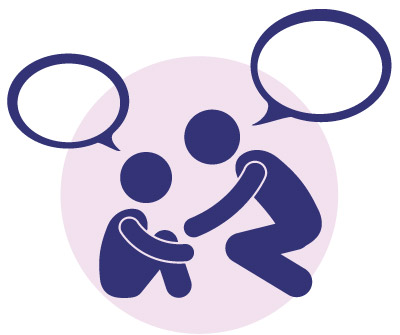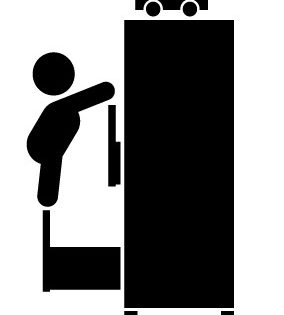Friedrich Nietzsche once said, “That which does not kill us, makes us stronger.”
The German philosopher knew early on that failure could actually be an opportunity for improvement – excellence even!
Naturally, as parents, we want to be proud of our children. We consider their success as an extension of ours, a testament to our childbearing achievement. This is also why their failure can sometimes become a subject of great disappointment for parents. However, setbacks can actually help children develop key characteristics and life skills they’ll need to live a happy and meaningful life.
So, whether it is failure in academics, sports, competitions or relationships, parents need to be equipped with the correct tools to handle the situation. What’s important to remember as parents is, it’s your job to guide, facilitate, support and motivate your child. It’s not about you, so try to limit judgement and encourage rectification instead.
Strategies to help your child learn from failure:
Look back at the problem and have constructive discussions about it – This helps them develop their creative thinking and problem solving skills. Ask questions like how they feel about their failure and discuss what could have been done better.

Show compassion and be supportive – Console your child, hold them, hug them, and be affectionate. Your presence and the thought of knowing that you’ll be there to catch them if they fall encourage them to be more explorative. Trying new things is an important part of development and fear of failure shouldn’t be an excuse for a child to hide under a shell.

Be a good role model – The way you cope with certain disappointments (i.e. failed to get promoted) in life is often mimicked by your child. Be graceful, patient, unfazed, and thoughtful during this time. Instead of “I can’t believe I didn’t get the job!” try “No worries, I’ll try harder next time”.
Dial back the praises – You don’t need to constantly feed your child with praises to make him/her feel motivated or confident. Your child’s ability to overcome adversity is what actually builds self-esteem. Too much compliments can sometimes do more harm than good. Kids who are overpraised could become dependent on others for validation.
Tell your story, relate – as parents, there’s a good chance you’ve had a few hiccups and hit a few walls in life yourself. You can re-tell the story of how you coped through failure. Your child can appreciate your advice better knowing you’ve gone through something similar.
Don’t be overprotective parents – Failure is an important part of the learning process, so help your child see them positively. While it is tempting to shield your child from every form of failure big or small, the fact is, you shouldn’t. Acknowledge their failure, your job is to emphasise effort, making an effort is something your child can control. It teaches them that hard work is a prerequisite to success.

Do not deny your child of the independence they’ll need to deal with the everyday ups and downs of life. Learn to accept your child’s failure, but also hold them responsible for their missteps and challenge them to be the best they can be in the face of their mistakes or failures.
An educational collaboration with Malaysian Psychiatric Association.







Comments